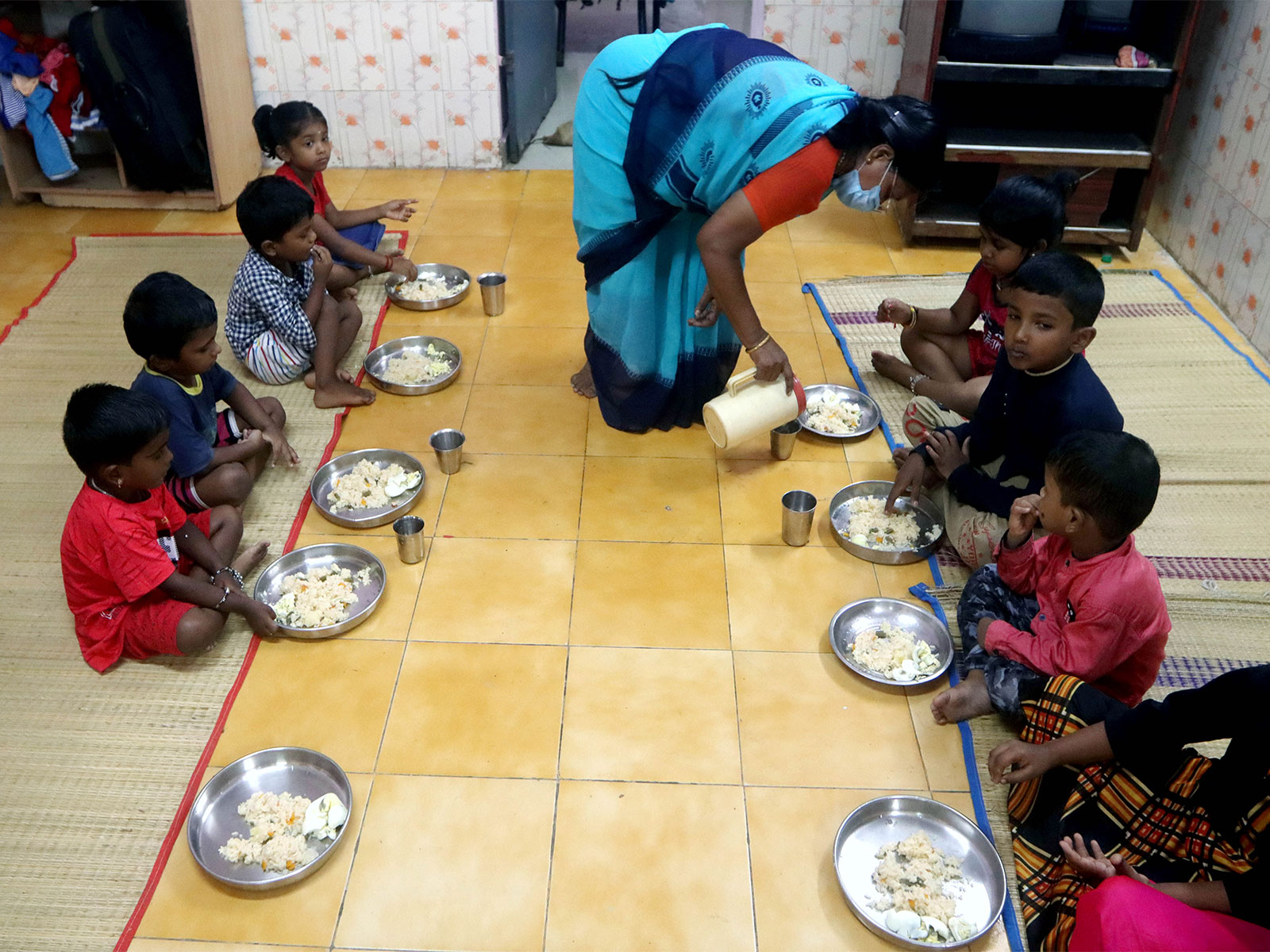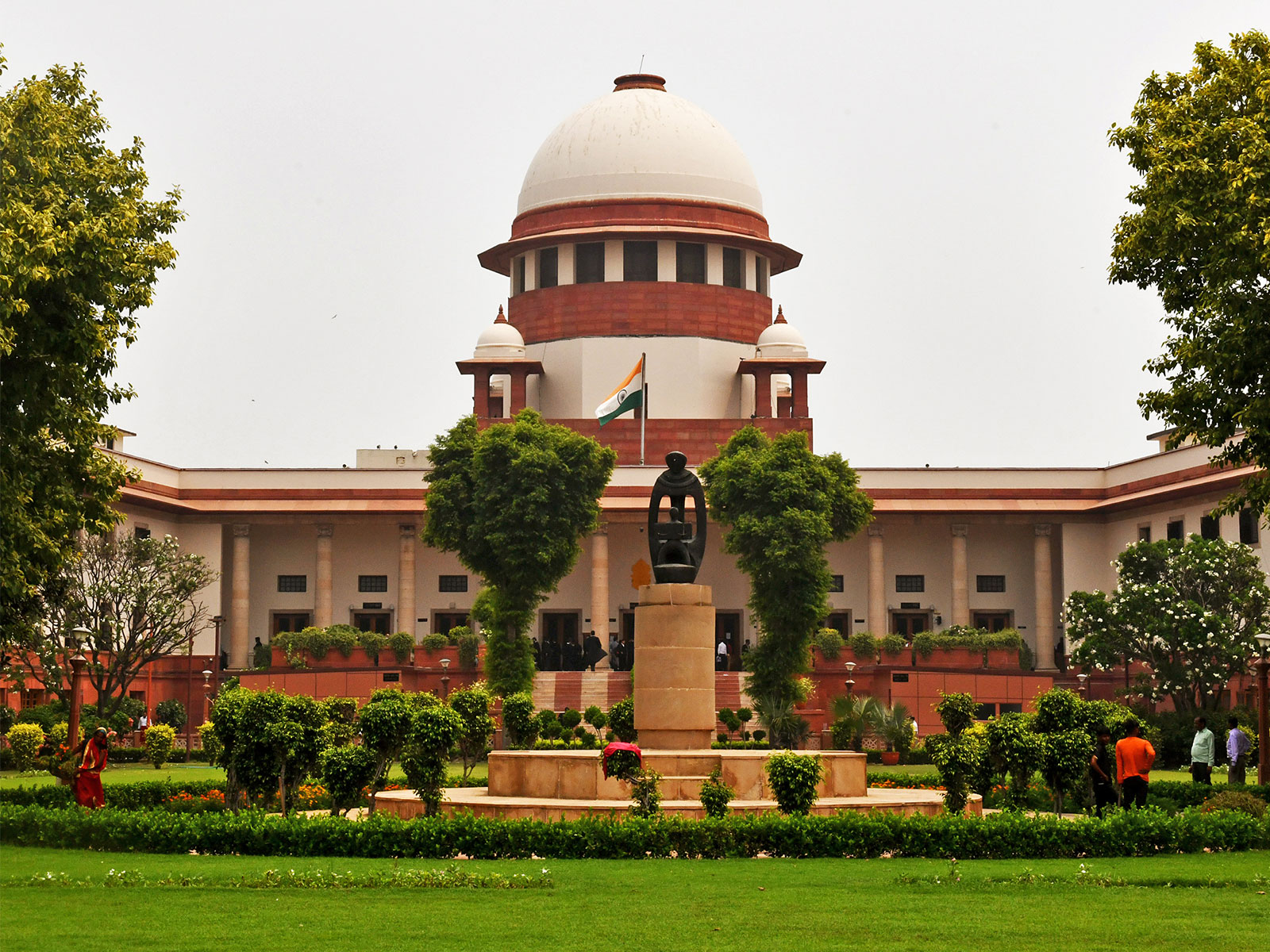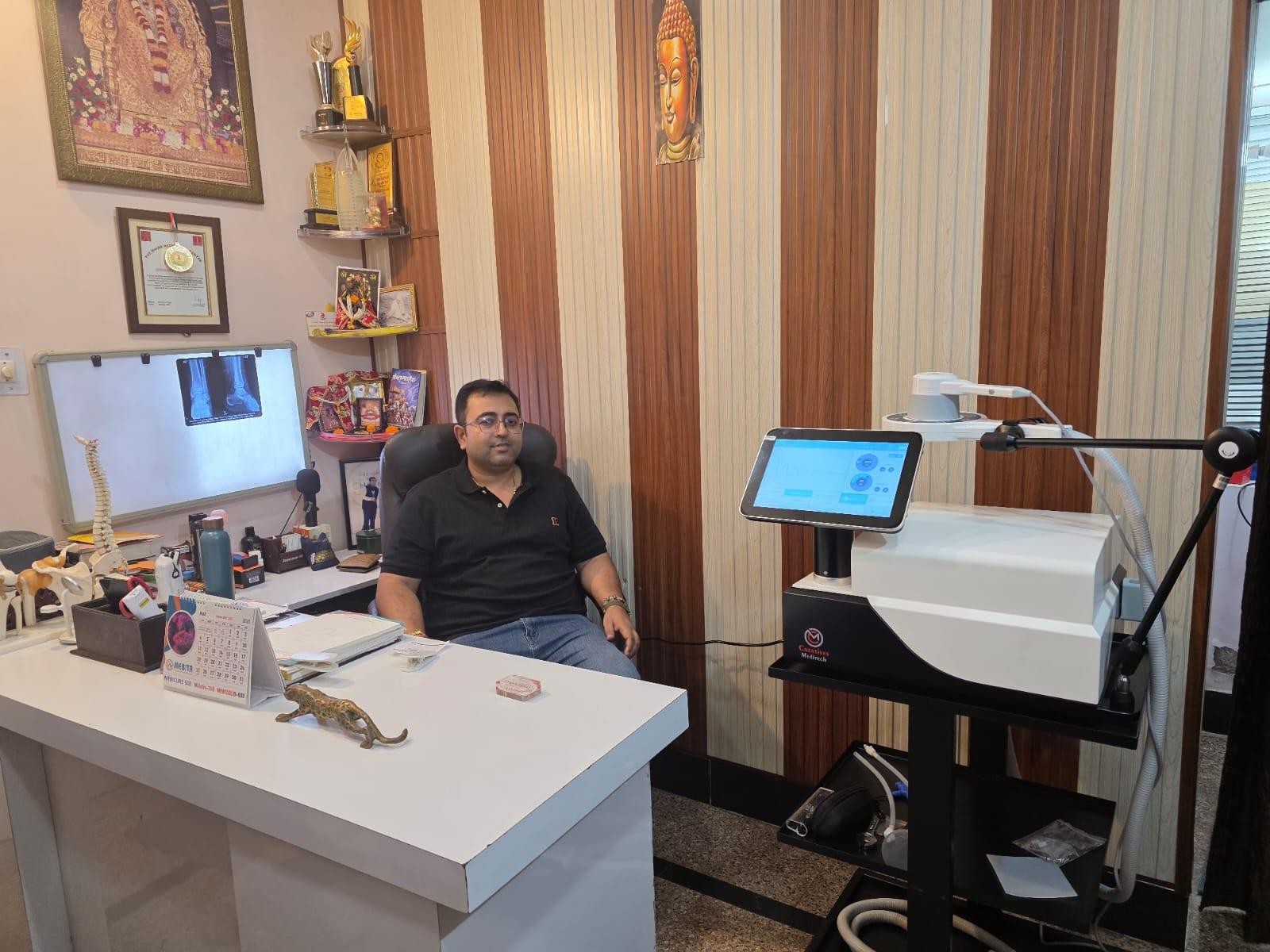Adults should take vaccine, follow COVID19-appropriate behaviour to protect children: Health experts
Dec 07, 2021

New Delhi [India], December 7 : Amid growing concerns about the new COVID-19 variant Omicron, doctors suggested that adults should follow COVID-appropriate behaviour to stop the spread of the virus.
Dr. Nitin Verma, Associate Director of Paediatrics, Rainbow Children's Hospital, New Delhi, told ANI, "Children are the only ones who are unprotected. The new COVID variant Omicron is coming in and if it spreads, then children will certainly be at high risk. That's not to say that they will get severe disease, but they will certainly be at enhanced risk for developing COVID."
Dr. Verma expressed concern about the children's vaccine which is likely to roll out in the future. "We have some vaccines which have been approved. Worldwide children up to the age of five have already begun to take the vaccine. So the first thing is that as soon as the vaccine rollout starts, we should try and protect as many children as possible. So, if all the adults around them are vaccinated and practice COVID appropriate behaviour, then we can protect the children."
Speaking on the prevention measures to protect children from the virus, Dr Verma requested all to follow COVID appropriate behaviour and conduct an RTPCR test once symptoms were observed.
Dhiren Gupta, senior paediatrician at Sir Gangaram Hospital, said, "Some alarming reports are emerging from South Africa that due to Omicron virus infection hospitalisation rates are increasing in children less than 5 year old."
"Only vaccination and COVID appropriate behaviour can prevent such infections from entering our homes. If you look at the two patients of Omicron in Karnataka, they didn't spread the infection to secondary contacts. It may be possible that immunised host infectivity is less due to less viral load," Dr Gupta said.
Dr Gupta said action should be taken like immediately upscaling the adult vaccination. "No human being should be allowed to move out of their home unless vaccinated. Unvaccinated human should be considered as a vehicle which is polluting roads and is injurious to other humans. Paediatric vaccination should be initiated once safety is assured," added Dr Gupta.
As per the WHO, the first known confirmed B.1.1.529 infection was from a specimen collected on November 9 this year.
On November 26, the WHO named the new COVID-19 variant B.1.1.529, which has been detected in South Africa, as Omicron. The WHO has classified Omicron as a 'variant of concern'.


















